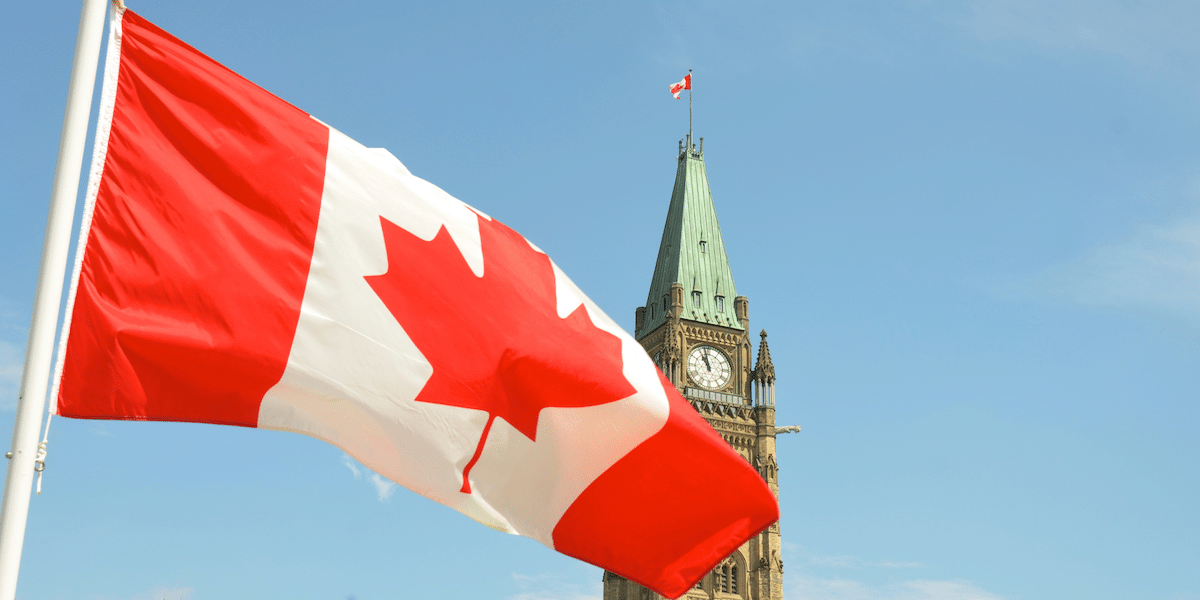Implications of Guilt: The Stakes for Those Responsible
Image commercially licensed from Unsplash
In June 2023, the death of Hardeep Singh Nijjar sent shockwaves through the Sikh community in Canada and sparked a diplomatic standoff between the Canadian and Indian governments. The circumstances surrounding Nijjar’s death and the subsequent allegations of Indian involvement have created a complex and contentious situation that demands scrutiny.
Following a thorough three-month investigation, the Prime Minister of Canada, Justin Trudeau, made an official announcement in the parliamentary setting. He revealed that his government had chosen to openly pursue substantial claims that connect agents of the Indian government to the assassination of a Sikh separatist leader within Canada.
Nijjar’s death unfolded in a dramatic manner. He was allegedly killed in a joint operation by Indian security forces in the Punjab region. The Indian government claimed that Nijjar was the mastermind behind several planned terrorist attacks and had been actively plotting acts of violence in the area. They accused him of training a group of individuals for carrying out these attacks.
Prime Minister Justin Trudeau expressed his reservations about the incident, calling for a thorough and transparent investigation into the matter. He urged that Nijjar’s rights be respected and that the rule of law be upheld in the pursuit of justice. India, on the other hand, staunchly denied any wrongdoing and vehemently rejected the
accusations of an extrajudicial killing. At the outset, India attempted to exert pressure on Mr. Trudeau at the G20 Summit, and subsequently engaged in online taunting of both him and his government for raising inquiries about the demise of one of their nationals, even labeling Hardeep Singh as a terrorist.
Following the 2023 murder of Hardeep Singh in Canada and the subsequent allegations, the United States and the United Kingdom maintained their diplomatic relations with India. Both nations expressed their commitment to ongoing cooperation and engagement, representing that their moral compasses have been lost as the US just told India to cooperate with the Canadian government.
India’s firm, religiously motivated government convinced the U.S. they’re the best choice against China, demonstrated through a calculated confrontation in the North. An all-out war with China isn’t likely; India’s stable political leadership enjoys public and nationalist support, and its post- COVID economy is resurging. India knows the economic and geopolitical perils of conflict, as seen in Germany’s history. They also grasp that wars are easy to start but hard to end. For India, containing China provides more of a free ride. U.S. is overlooking these realities, risking its own credibility. India is a pawn in the West’s strategy against China. Expect consequences for Indian intelligence if Canada produces evidence of Hardeep Singh’s assassination.

